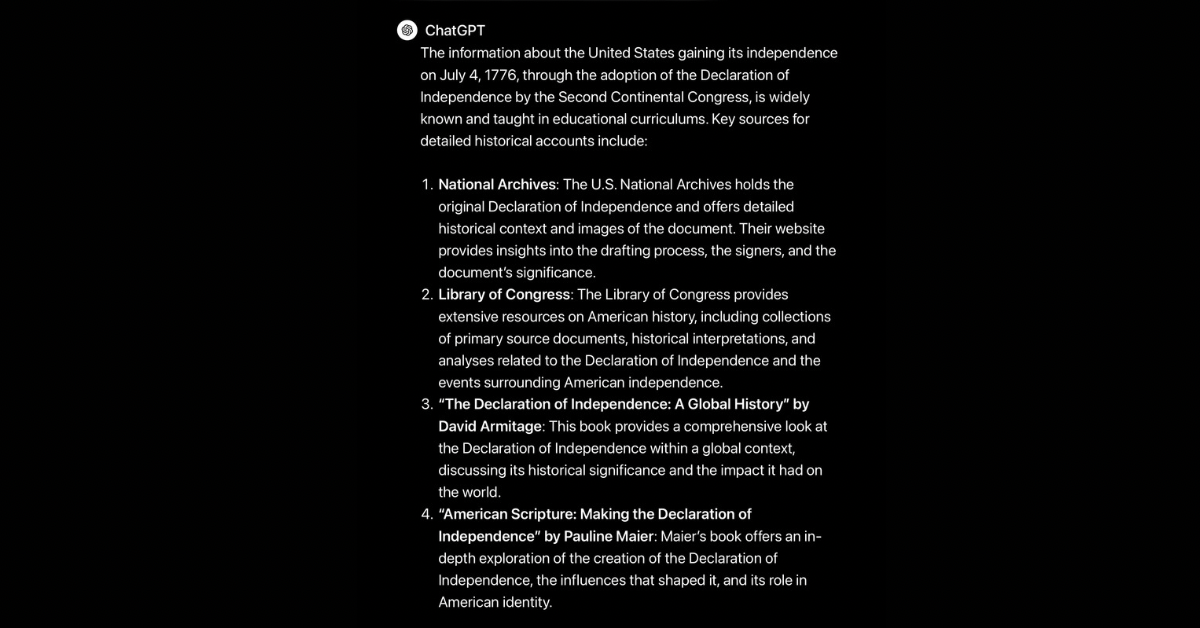Whether you’re an established brand experimenting with AI or a seasoned copywriter concerned about AI’s impact, it’s crucial to recognize that AI is not flawless. Brands should not start replacing human professionals solely with AI. The concern is widespread: “Is AI coming for my job? Will it replace me professionally? How should I prepare for the AI job takeover?” These questions are abundant. Currently, in marketing and copywriting, the human touch remains superior. This article will explore why and highlight what makes humans uniquely valuable.
1. Human Emotion
Humans possess something AI lacks: emotion. Replicating and portraying human emotions are challenging due to their complex nature. Emotions are subjective, and a single situation can elicit various emotions in different people simultaneously. For instance, one person might ignore a sale, while another might be thrilled to find their favorite products at reduced prices. AI, which analyzes text to learn human speech patterns, may not always convey the emotions and passion your audience requires to be motivated to act, no matter how specific your prompts are.
2. Empathy
As beings with hearts and minds, we naturally empathize with others’ feelings. We strive for mutual understanding and shared experiences. While AI can produce articulate content and choose appropriate words, it lacks depth in empathetic conversation and cannot foster a shared understanding with you or your audience. It merely generates words and facts from its data and web searches, resembling an advanced, text-based Siri. Is this what you want, creating comprehensive articles and landing pages? AI’s lack of true understanding of what is offensive can lead to confusion and frustration among your audience.
3. Target Audience
Although AI understands human speech patterns, grammar, and sentence structure, it falls short in resonating with specific audiences or grasping their preferences. You might instruct AI to create content for college students aged 18 to 25, but it can only replicate existing human-written content for that demographic or niche. It cannot keep up with the latest trends or empathize with their current challenges, such as the resurgence of student loan repayments post-pandemic and the instability of student loan forgiveness programs.
4. Uniqueness and Originality
AI’s ability to mimic existing content means it cannot produce entirely original and unique content that distinguishes your brand or accurately reflects your brand voice. Your brand’s voice should be a reflection of your company’s identity, not a mimicry of others. This is why infusing your content with your own style and flair is essential. While AI can assist in correcting errors, improving structure, and expanding content, finding a balance is crucial.
5. Ethics
AI does not understand the concepts of plagiarism and originality, as it is trained on human-written texts. This can lead to the risk of disseminating outdated information or creating content too similar to existing materials. Therefore, it’s vital to fact-check and ensure your content does not duplicate existing work or spread misinformation. When writing scholarly content, understanding the sources your AI uses is crucial. Fortunately, AI can disclose its sources upon request, but it’s your responsibility to verify this information to prevent plagiarism or copyright issues.


In conclusion, while AI presents exciting opportunities for content creation, it cannot fully replicate the nuanced, empathetic, and creative capabilities of a human copywriter. The human touch is essential in conveying emotion, understanding audience needs, ensuring originality, and addressing ethical considerations in content creation. As we navigate the dynamic landscape of digital content, let’s value the irreplaceable role of human connection and creativity.
Let’s Connect
If you’re seeking a partner to maintain your brand’s voice as authentic and impactful, let’s start a conversation. Schedule a call with me, and together, we’ll create stories that deeply resonate with your audience.
